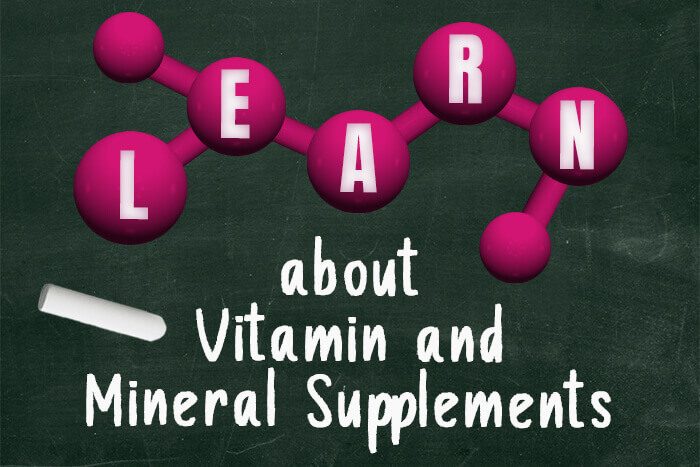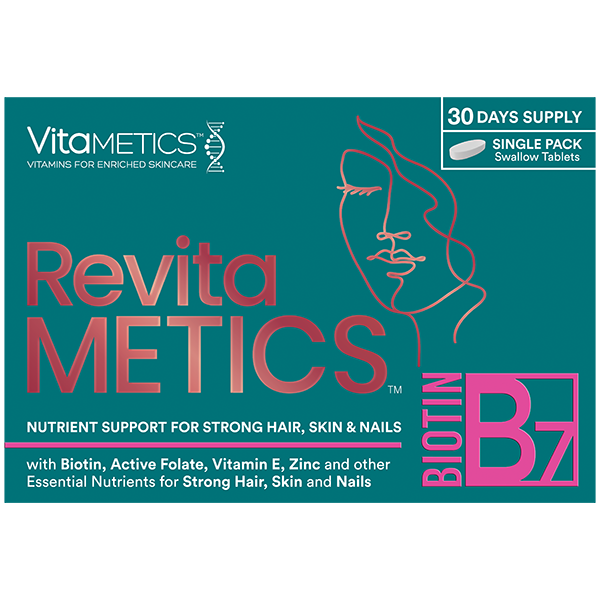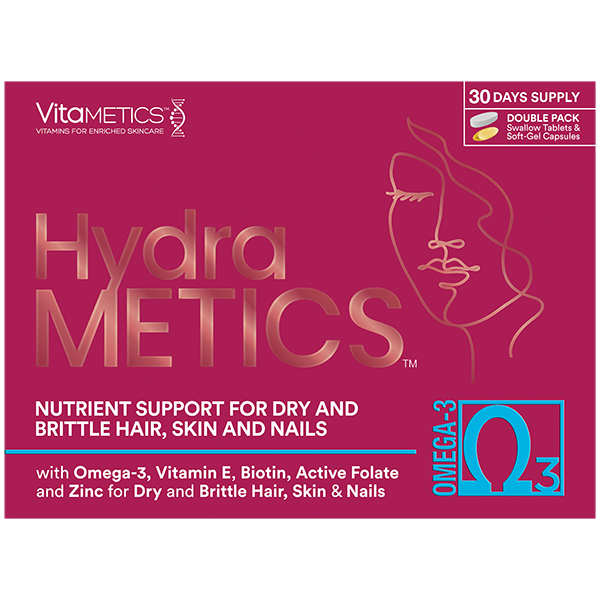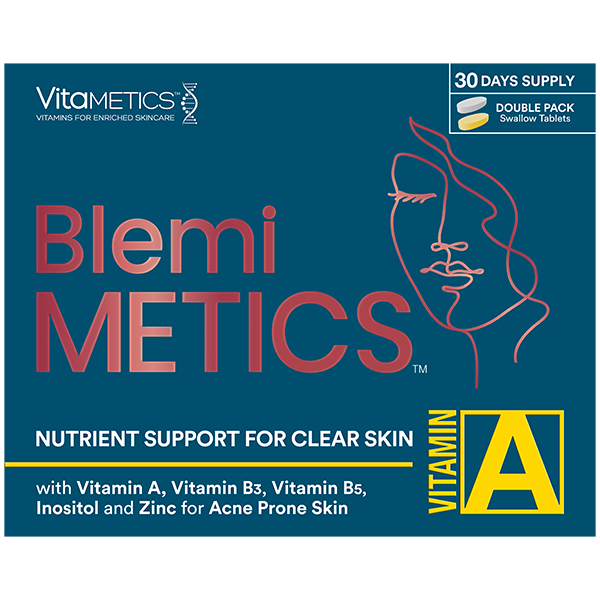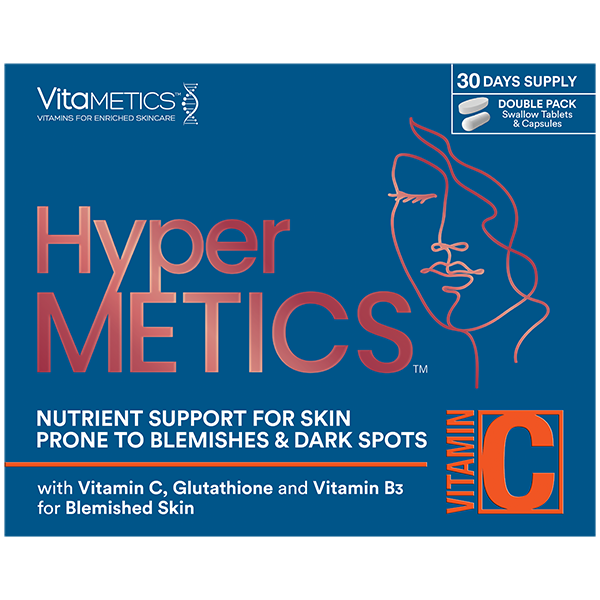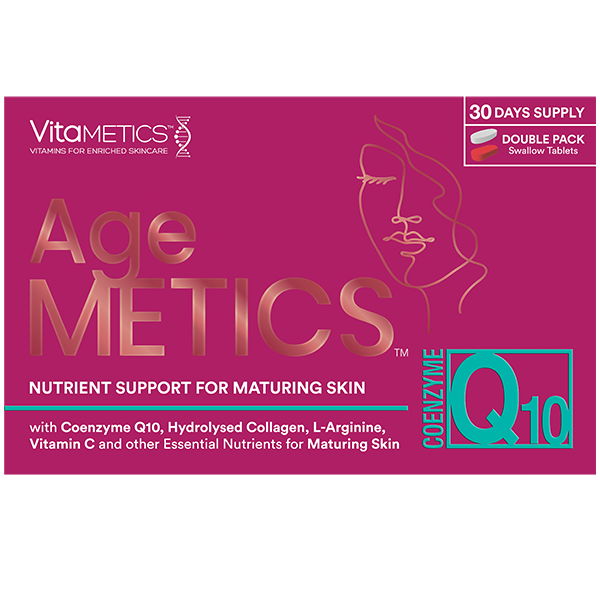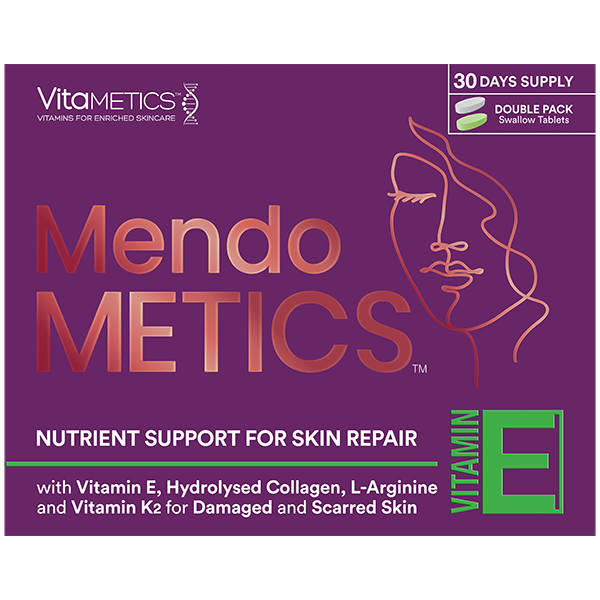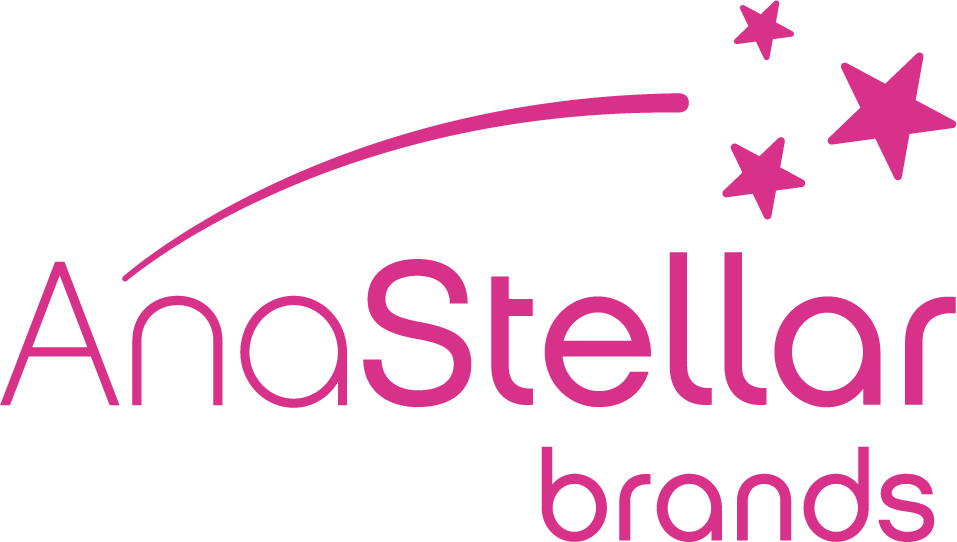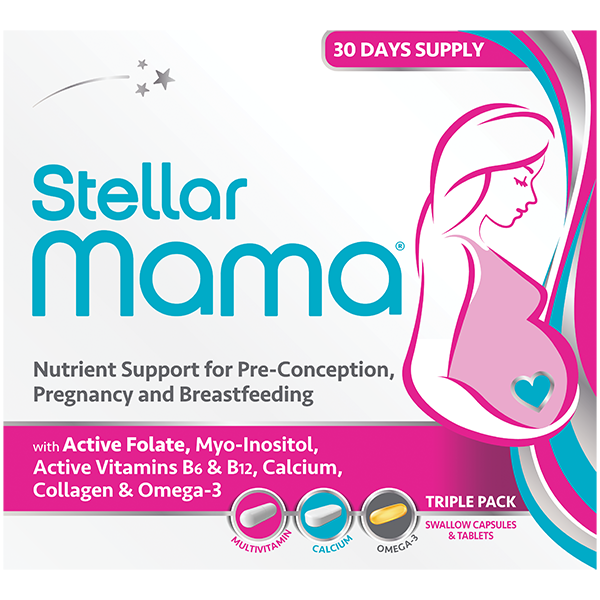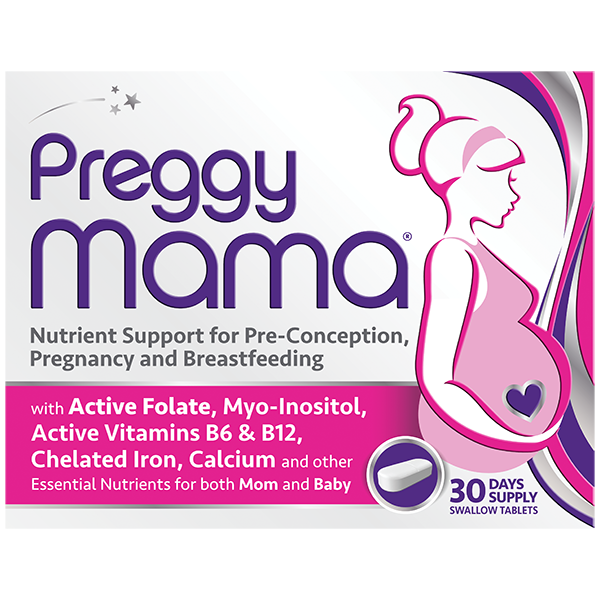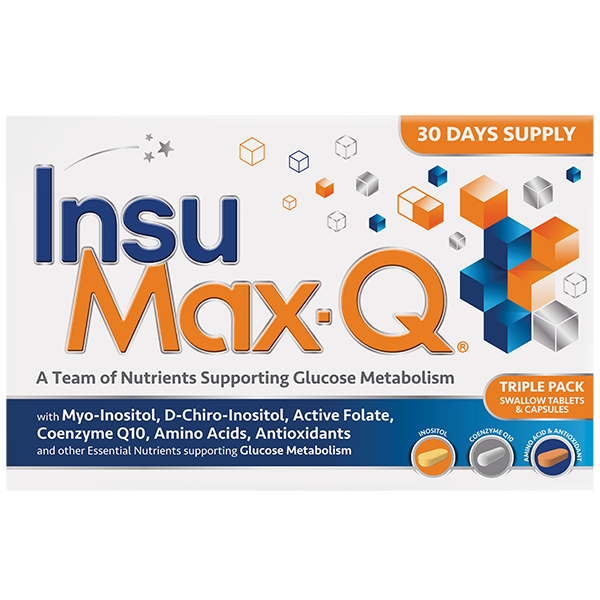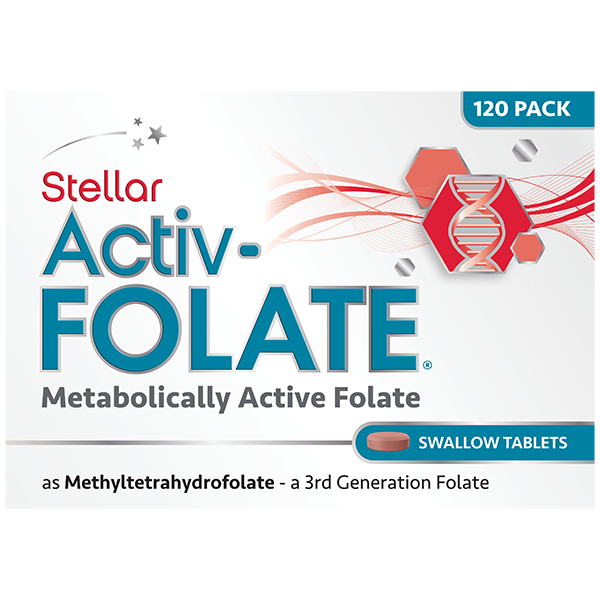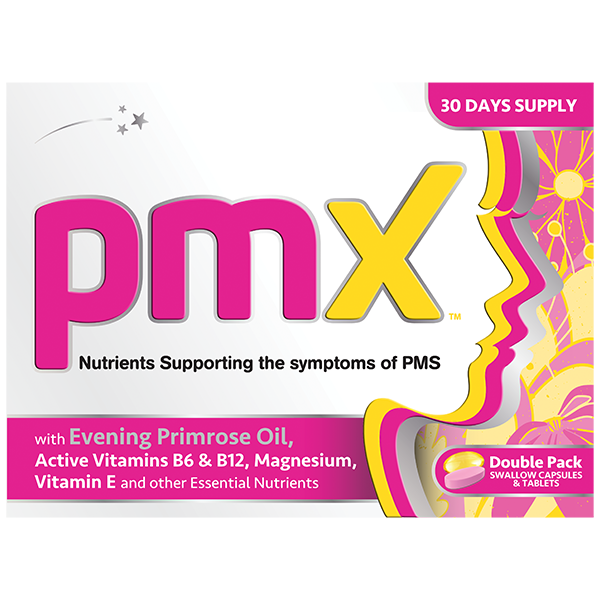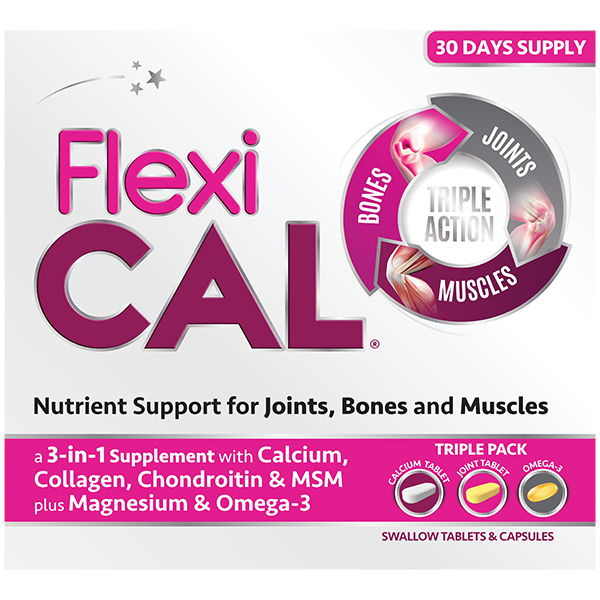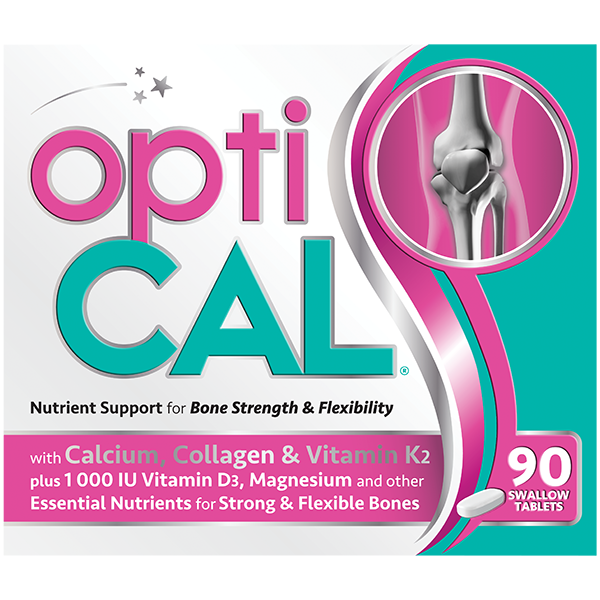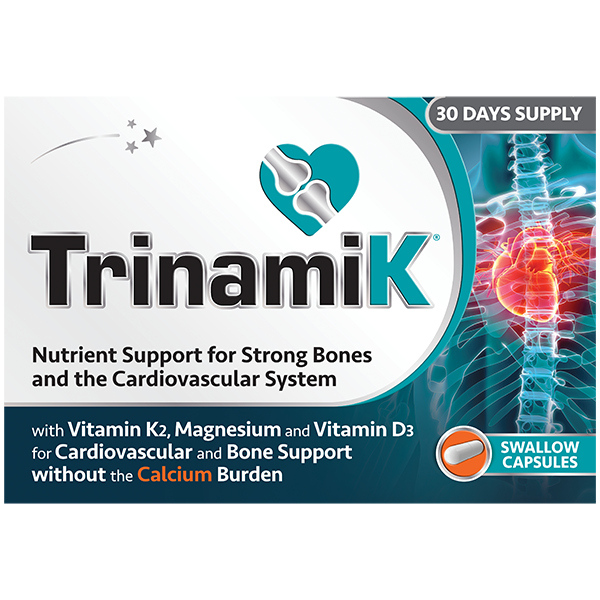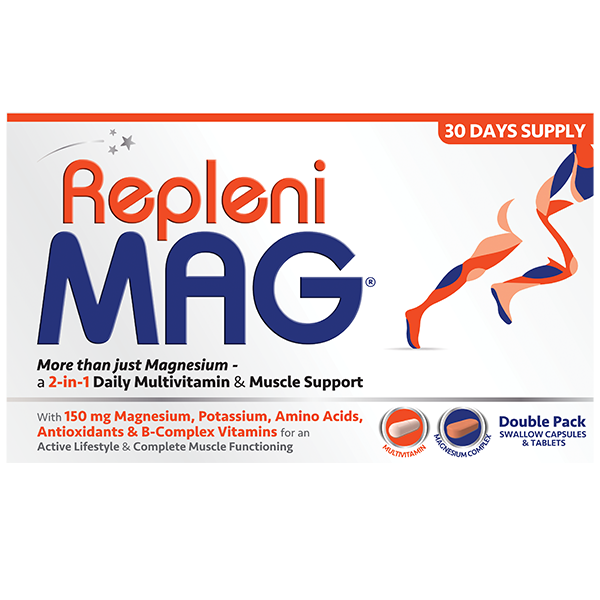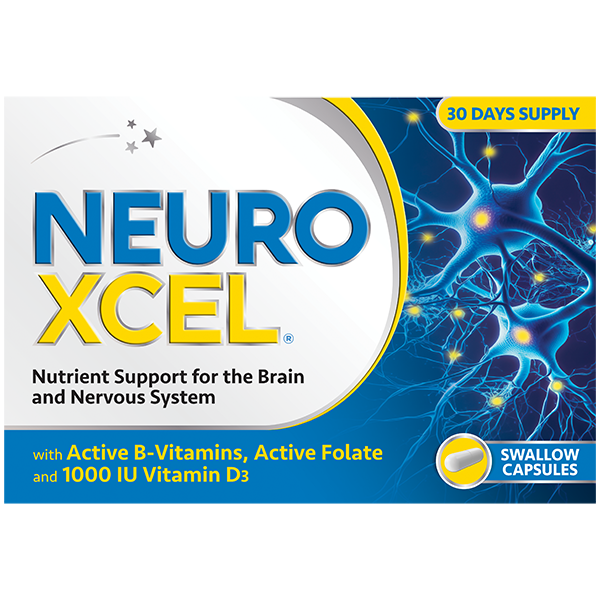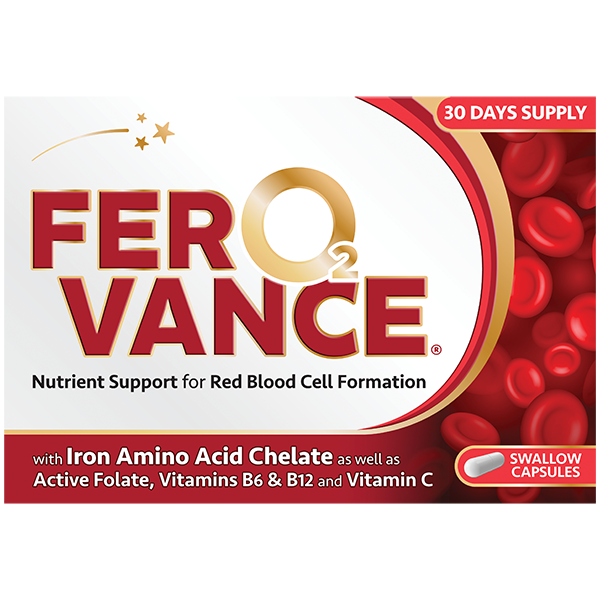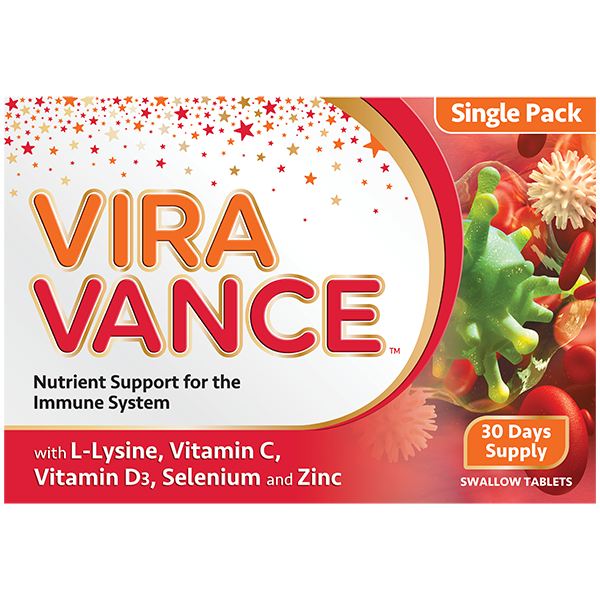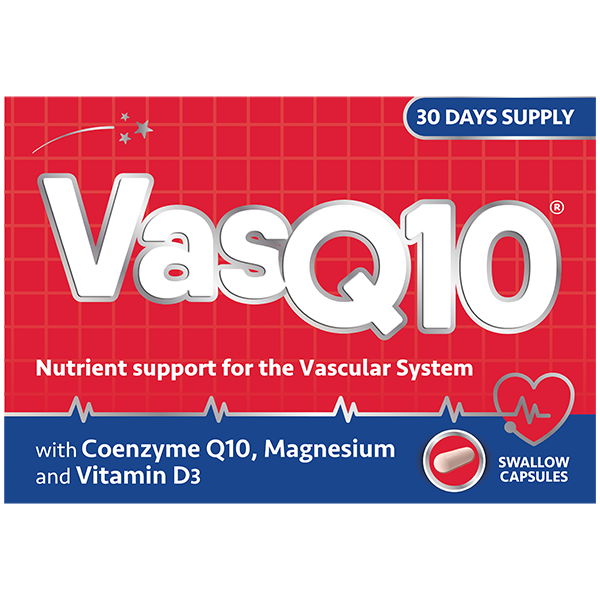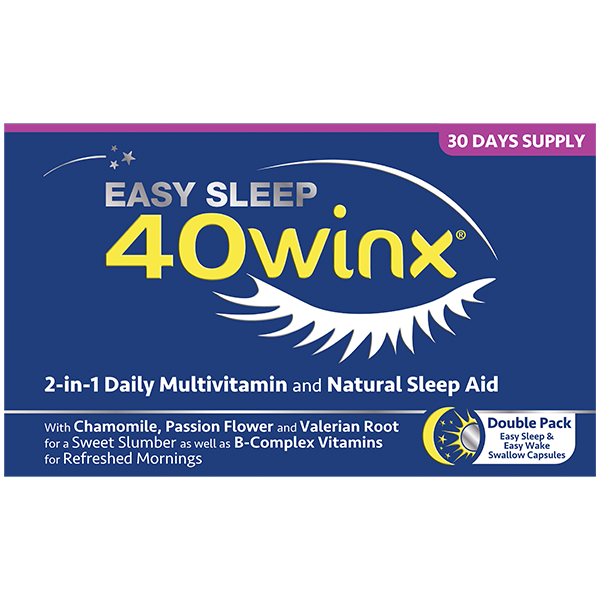FREE SHIPPING FOR ORDERS R500 OR MORE
FREE SHIPPING FOR ORDERS R500 OR MORE
6 Things you must ask your Gynae today and why!
Author: Christine Rauch-Nell (B.Pharm) & Michelle Dateling (B.Optom, Dip.Sports Vision; MBA)
Question 1: How important is healthy eating during pregnancy and what foods should I eat more of, and which ones should I avoid?
All moms-to-be should be on a healthy diet with a sufficient pre-natal supplement (also known as pregnancy vitamins). It is not always possible to get all your daily nutrient requirements from your diet alone. Vitamin supplements help to bridge the gap. In pregnancy there is an increase in nutrient demand as your body needs to be able to support your baby’s growth and development as well as your normal body functioning. Moms-to-be should be eating meals that are protein-rich and high in fibre, contain a lot of vegetables and fruits, and they should be drinking plenty of water. Ideally you want to be taking around 1500 mg of Calcium between your diet and your supplement daily.
There are some foods and drinks that MUST be avoided. These include alcohol, raw fish, unpasteurized milk or juice, fish that may be high in mercury, uncooked beef such as steak tartare and carpaccio, soft cheeses that are unpasteurized. These foods can carry organisms such as Listeria and Toxoplasmosis which can cause serious illness including stillbirths and birth defects. It is also important to limit the amounts of foods and beverages that contain caffeine, like soda, tea, coffee, and chocolate. You will also need to quit smoking and taking any drugs immediately.
Speak to your Gynae about the importance of sufficient pre-natal supplementation and ask about the active form of Folate. Active Folate is 7x better absorbed than synthetic Folic Acid. Make sure your prenatal supplement contains the active form of folate.
Question 2: Is it safe to exercise during pregnancy? And if so, how much should I be exercising?
If you are a “couch-potato”, you need to get moving! It is extremely important to stay physically active during your pregnancy to be “Labour Fit”. Take extra special care not to overdo it and predispose yourself to falling, dehydration and overheating. Your exercise routine needs to be tailored to how many weeks pregnant you are, and what activities are safe to do in pregnancy.
Fitness activities that are safe in pregnancy includes:
· Walking,
· Swimming,
· Yoga and
· Strength training
Regular non-strenuous daily exercise can be extremely helpful during pregnancy to:
· Ease water retention
· Decrease backaches
· Aid constipation
· Alleviate bloatedness
· Decrease anxiety and stress
Ask your Gynae about what type and amount of exercise is right for you.
Question 3: When do I have to go on maternity leave? Will I be able to work throughout my pregnancy?
Most Moms-to-Be will continue to work until the very last minute in order to be able to maximise how much maternity leave they will be able to take. Factors to consider are the nature of your work and any pregnancy related conditions like Pre-Eclampsia. If you have a very physically strenuous job or experience pregnancy complications your Gynae might recommend some restrictions for you and your baby’s safety. In general, most moms-to-be will be able to keep working up until they deliver.
Question 4: Are there any specific tests or screenings that are necessary?
Prenatal Testing is used to check whether your baby might be predisposed to certain genetic abnormalities, such as Chromosomal or Neural Tube Defects (NTDs).
At each Gynae’s visit an ultrasound scan will be done to ensure that your baby is developing normally. One of the most important scans is for Down’s Syndrome as well as certain congenital heart and skeletal malformations, and these are done at around the 11th to 13th week of pregnancy. They also do certain blood tests; however, these tests and scans can only provide a probability and not a definite answer. The second most important scan is the Anomaly Scan, done at around the 18th to the 22nd week of pregnancy. This ultrasound scan clearly shows a detailed examination of each of your baby’s body parts as to determine whether your baby is healthy and on track regarding development.
If your first ultrasound indicates an unusual result, the doctor might request to do an Amniocentesis. This is where amniotic fluid is extracted from around the baby using a thin needle.
These screenings and tests become extremely important once moms-to-be are older than 35 or if there is a history of medical abnormalities in a previous pregnancy, as well as for those who are carriers for specific genetic conditions.
The Neural Tube of the Fetus closes between days 21 to 28 of pregnancy to develop into the baby’s brain and spinal cord. This is usually before a woman even knows that she is pregnant. This is why supplementing with Folate prior to falling pregnant is recommended. It is essential that you discuss with your Gynae the importance of which form of Folate your Pregnancy Supplement should contain, as well as the difference between synthetic Folic Acid and active Folate.
Question 5: Is it safe to drink prescription and over-the-counter medications during my pregnancy?
It is extremely important for new moms-to-be to discuss and mention all medications, vitamins, minerals, and supplements you have taken before, as well as during your pregnancy with your Gynae, even if it is homeopathic.
When it comes to prescription medications and over-the-counter medications your Gynae will need to establish the risks / benefits involved by continuing the medication versus stopping or switching the medication.
It is very likely that somewhere during your pregnancy journey you will experience hormonal headaches, seasonal allergies, or a bad case of heartburn, and over the counter and health supplement medications may be recommended.
Over the counter and Health Supplement medications that are safe to take during pregnancy include:
· Paracetamol for headache, pain, and fever
· Vitamin B6 to help ease morning sickness
· High Fibre supplements to relieve constipation
· Saline nasal spray for allergies
· VasQ10 for hormonal pregnancy headaches
· FerOvance for pregnancy associated anemia
· Prenatal supplements like Stellar-Mama and Preggy-Mama
Question 6: How will I know when something has gone wrong, and I need to call the doctor?
Listen to your body and instinct. If it “feels wrong” and you are worried, then contact your Gynae immediately. It is better to err on the side of caution. Things to look out for that you should contact your Gynae about are:
· Any bleeding whatsoever during pregnancy
· Untimely and severe abdominal Cramps
· Unusual pain that will not go away
· Vaginal discharge
· Severe lower abdominal pain with or without bleeding
· A sudden increase in thirst and reduced urination
· Painful or burning urine
· Fever and chills
· Sudden severe swelling or puffiness of the hands, face, and eyes
· Vision disturbances like blurring, dimming and double vision that persist for more than a few minutes
· Severe headache or a headache that lasts for more than two to three hours
· After 28 weeks of pregnancy, no less than 10 baby movements within two hours after having a snack
Christine Rauch-Nell B.Pharm (WITS) and Michelle Dateling B.Optom (UJ) Dip.Sports Vision (UJ) MBA (Wits)



